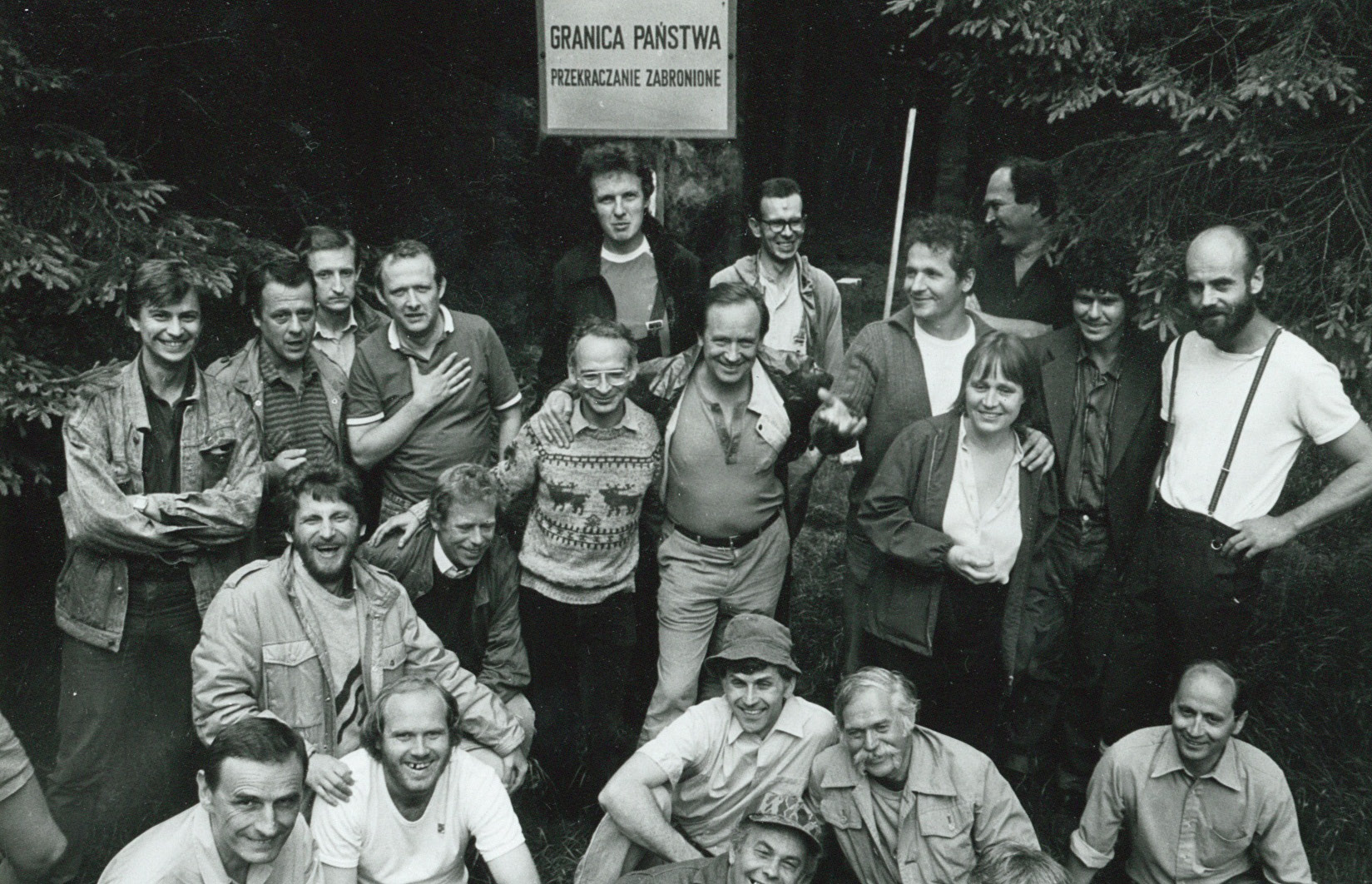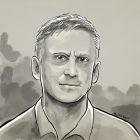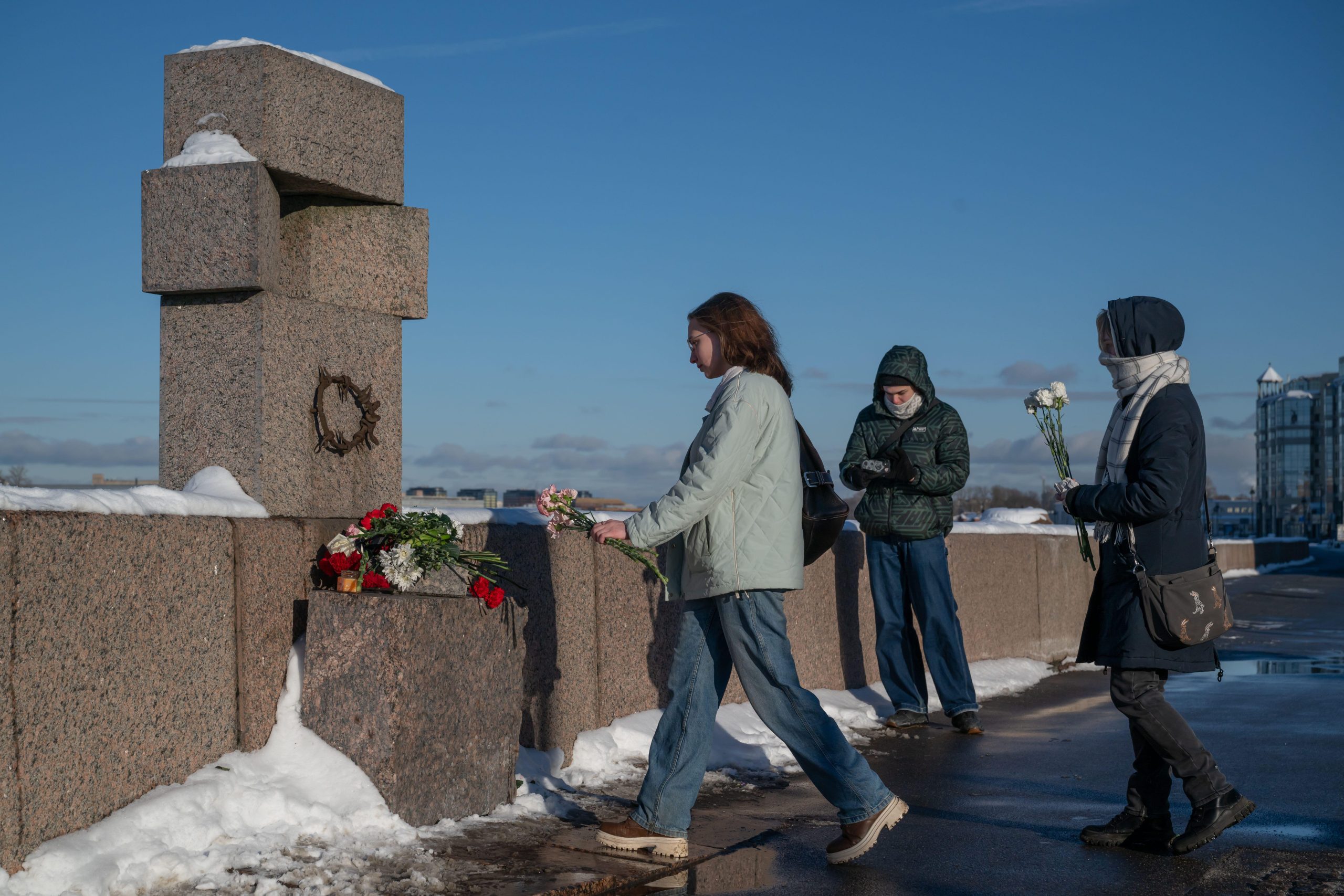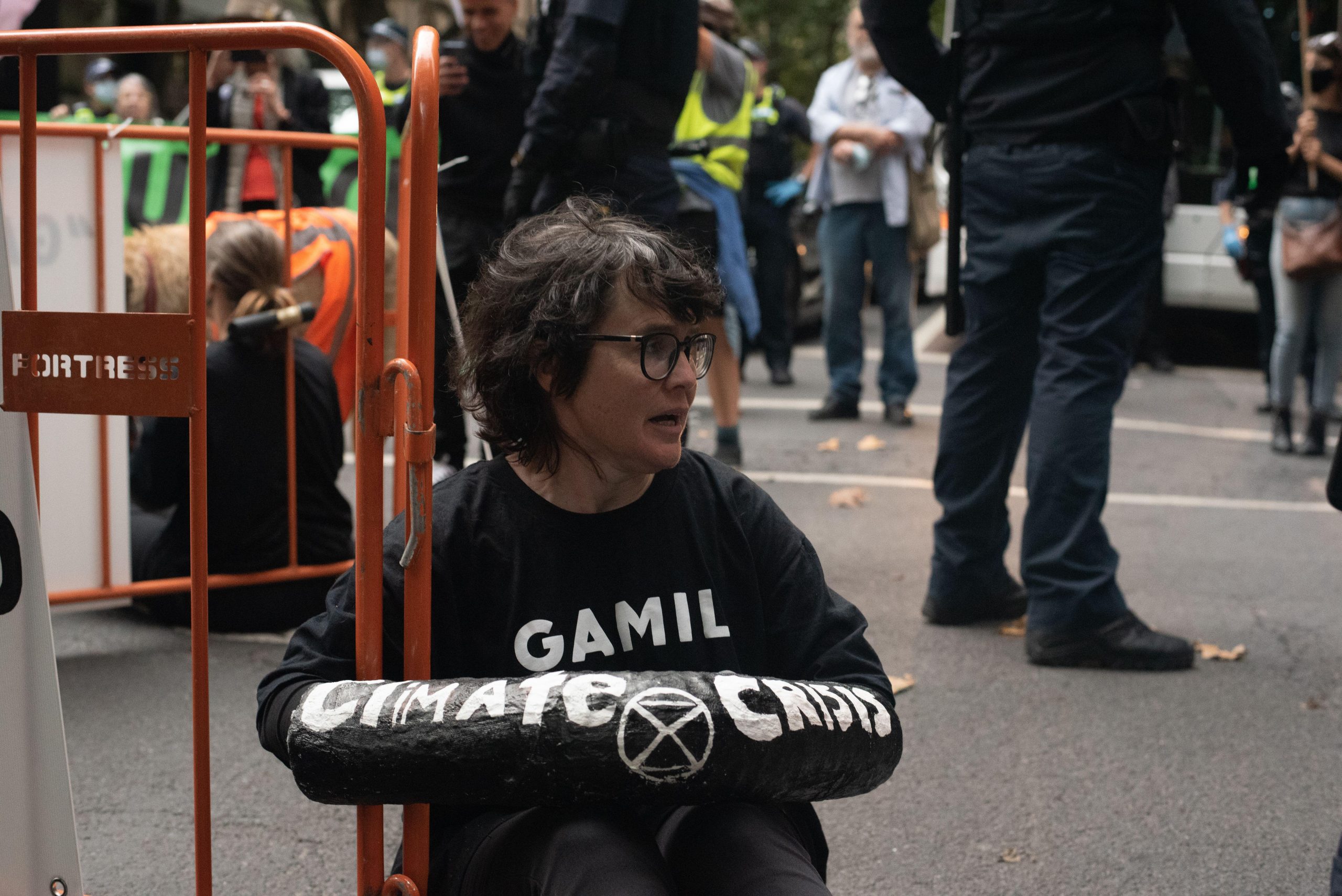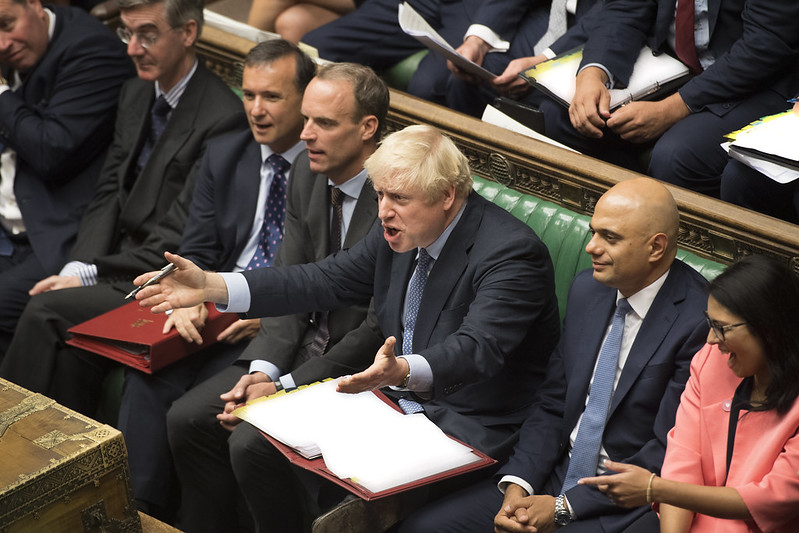There is a grainy photograph on the first page of the January 1990 edition of Index on Censorship magazine showing a group of twenty or so smiling friends of various ages. They are dressed in the non-descript shabby style favoured by most European intellectuals of the period. They could easily be mistaken for a group of academics on a field trip if it weren’t for the sign in Polish behind them which reads: State Border: Crossing Forbidden.
The picture was taken on 9 July 1988 at a secret location on the Polish-Czech border. This unruly band of comrades has been brought together by the bitter and often lonely struggle against Stalinism, their friendship formed in an underground network of Polish-Czech solidarity. The cause often seemed hopeless and at the time the picture was taken this obscure group of writers and activists could never have imagined that the whole edifice they had spent their lives opposing was about to collapse.
As it turned out, this photograph represented one of the most extraordinary gatherings of dissidents in the whole of the Cold War. Look closely and you can see Václav Havel, the Czech dissident playwright, who would become President of Czechoslovakia just 20 months after the photo was taken. Ján Čarnogurský, a Catholic anti-communist activist, who became the Prime Minister of Slovakia in 1991 is also there as is Jan Ruml, who went on to become the Czech interior minister from 1992 to 1997. Jan Urban led the Civic Forum campaign in the elections of 1990, but decided not to become Prime Minister in the new government. A year on, Jacek Kuroń, known as the godfather of the Polish opposition, would be the minister for employment in the first Solidarity government.
Mirosław Jasiński, a leading member of Polish-Czechoslovak Solidarity became a prominent Polish diplomat. Among them also are opposition journalists Petr Pospíchal and Petr Uhl, who founded the East European Information Agency and Adam Michnik, perhaps Poland’s most celebrated journalist, who became the first editor of the independent newspaper Gazeta Wyborcza in May 1989 and later an MP before returning to journalism.
The only woman in the photo is Anna Šabatová who went on to become the ombudsman of the Czech parliament and was the first East European woman to receive the United Nations Human Rights Prize.
No one predicted the events of 1989, the 35th anniversary of which, will be celebrated this year. The first signs came in the spring of that year, when the Polish government and Solidarity reached an agreement to legalise the free trade union and hold elections. In June, the Communists were humiliated at the polls and in August Solidarity’s Tadeusz Mazowiecki became Prime Minister.
A parallel process in Hungary saw the creation of independent parties in February 1989. By the beginning of May, the authorities had dismantled the barbed wire on the frontier with Austria. The borders of the old Communist bloc started to fray and then come apart at the seams. In September, Budapest announced that East Germans would be given passage through Hungary into Western Europe. Young people across Eastern Europe began to make their way in numbers to Vienna to get their first taste of western consumer goods and freedom. Then, in November, the
movement became irresistible as the Berlin Wall itself crumbled and fell under the weight of sledgehammers. In Czechoslovakia, the Velvet Revolution ushered in the peaceful transition to democracy and by Christmas, the Romanian dictator Nicolae Ceaușescu was gone. Crucially, unlike in 1956 and 1968, the Soviet army did not intervene.
For young people across Europe, these were life-changing events. As a wide-eyed 23-year-old journalist, I travelled across Eastern Europe in December 1989. In East Berlin, I spoke to students loyal to the regime whose world had been turned upside down, who asked me to reassure them about the key role played by the Communist Party of Great Britain in the fight against racism and the National Front. In Leipzig I saw the thousands of people taking part in candlelit demonstrations around the city. In Prague I grumbled to two journalists who worked for the trade union newspaper that there would soon be a McDonald’s on Wenceslas Square and witnessed their pure delight as they looked me in the eye and said “Yes!” I remember a mixture of emotions among the people I met: hope and optimism about the future of an undivided Europe, certainly, but also a degree of fear and uncertainty about whether the transition would remain peaceful. Common to everyone though was the feeling of pure surprise. Absolutely no one had expected this, even a year earlier.
Index’s co-founder, the poet Stephen Spender, captured this feeling well in his speech to English PEN at a party for his 80th birthday on 6 December 1989, published in the February 1990 edition of Index magazine. He suggested that a motto for his kind of writer, opposed both to Stalinism and McCarthyism, should be “the politics of the unpolitical”, but asked what the role of such writers should be after the end of the Cold War.
“It is essential to ask this question because we are now entering what less than even a year ago was an almost unthinkable period,” he said. “How unthinkable is to me made vivid by recalling that at the beginning of 1989 I remarked to Isaiah Berlin, who, like me, has in 1989 reached his 80th year – he and I each other’s oldest living friend – that the one thing I wished to see was the collapse of the dictatorships in the Soviet Union and Eastern Europe. He agreed but said that this would not happen in our lifetimes. Well, now it has happened, and the results are completely bewildering.”
How bewildered might Stephen Spender be 35 years later. No one talks about “the politics of the unpolitical” anymore. But those of us who were there in 1989 still remember the sense of surprise that everyone who thought they could predict the future was wrong and that feeling, for a short while, that everything was possible.

